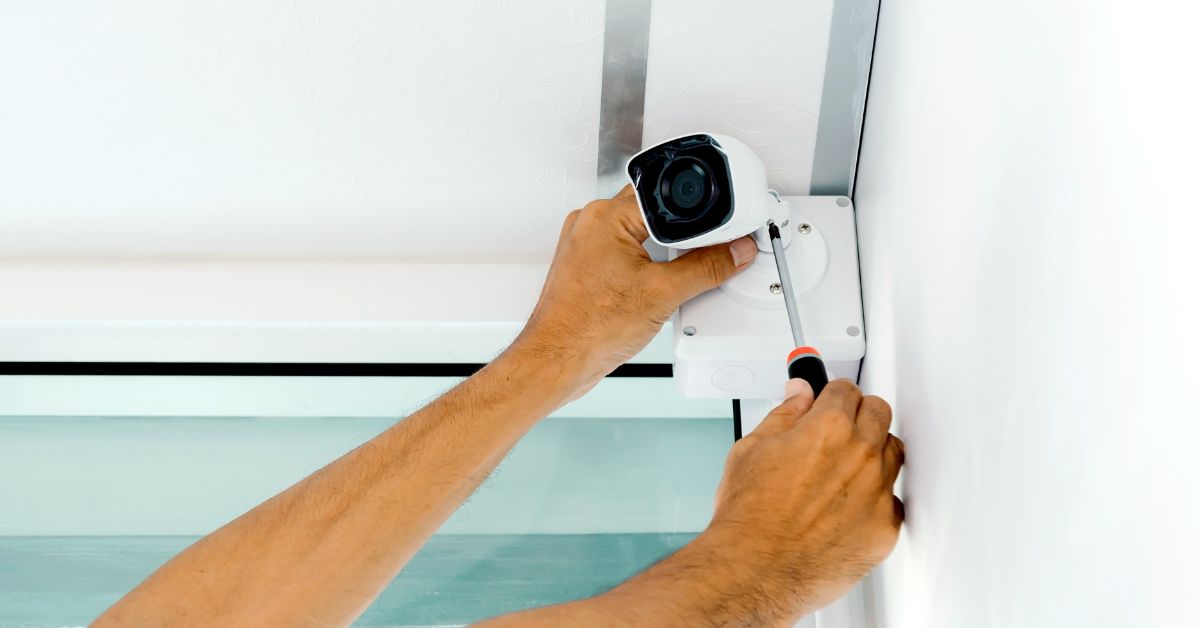In the United Kingdom, the legality of recording sound on Closed-Circuit Television (CCTV) systems is a nuanced issue that revolves around privacy rights and security considerations. As technology advances, audio recording in conjunction with visual surveillance has become more prevalent, prompting a closer examination of the legal framework governing such practices. For more details visit: is it legal to record sound on cctv uk.
The UK’s critical legal foundation for CCTV use is the Data Protection Act 2018 and the General Data Protection Regulation (GDPR). These regulations establish guidelines for processing personal data, shedding light on the intricate balance between ensuring public safety and safeguarding individual privacy rights. While visual surveillance is widely accepted, the inclusion of sound in the recording process introduces additional complexities.
Under the GDPR, the fundamental principle of obtaining explicit consent is crucial, particularly when capturing audio. The inherently more intrusive nature of sound recording demands a higher level of scrutiny, emphasizing the necessity of a legitimate purpose for collecting such data. The “necessity” principle requires that the use of audio must be justifiable for the intended purpose of surveillance, and this justification becomes a central factor in determining the legality of sound recording on CCTV.
Certain high-security environments, such as airports or government buildings, may find it necessary to capture sound to enhance their surveillance capabilities. However, in less sensitive settings, the justification for recording audio becomes more nuanced, requiring careful consideration of the balance between security needs and individual privacy.
For employers utilizing CCTV in the workplace, compliance with data protection laws is paramount. While monitoring employees for security purposes is generally acceptable, striking the right balance is crucial to avoid infringing on their privacy rights. The Information Commissioner’s Office (ICO) provides guidelines for employers, stressing the importance of clear policies, transparency, and minimal data collection to ensure compliance with the law.
Another critical aspect of legality revolves around the issue of informing the public about the presence of audio recording. Displaying clear and conspicuous signs notifying individuals that audio surveillance is in operation is a legal requirement. These signs afford individuals the opportunity to make informed decisions about entering the monitored area, enhancing transparency and ensuring that privacy concerns are addressed.
As technology continues to evolve, the landscape of surveillance systems has witnessed the integration of smart technologies and artificial intelligence. Advanced audio analytics capable of recognizing specific sounds raise additional questions about data processing and the potential for unwarranted intrusions into private conversations. Legal frameworks must adapt to encompass these technological advancements, ensuring that the rights of individuals are upheld.
In conclusion, the legality of recording sound on CCTV in the UK is intricately linked to adherence to data protection laws, the necessity of audio surveillance, and transparent communication with the public. Striking a balance between security imperatives and individual privacy rights is essential to navigate the evolving landscape of surveillance technologies. As the legal framework continues to be refined in response to technological advancements, it is imperative to uphold ethical standards and safeguard the rights of individuals in an increasingly interconnected and monitored world.

